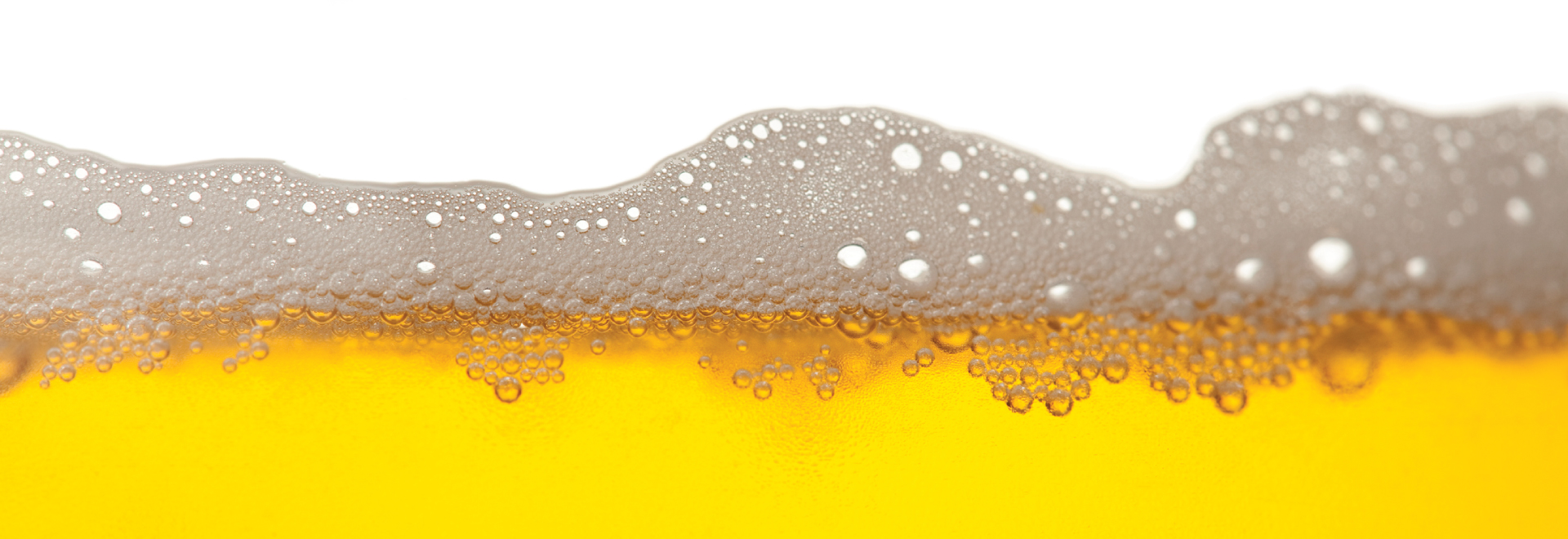Ideally, your urine should be light yellow in color and flat. Many may get worried if they have foamy and beer-like urine. This condition is closely related to proteinuria, a possible sign of kidney problems, such as kidney disease and chronic kidney failure. Do not overlook this sign, as it may deteriorate into more significant health issues. Let’s check out the common symptoms of kidney disease in this Cigna Smart Health article. Please reach out to your doctor for a detailed diagnosis and early treatments if you are in doubt!
Symptoms of Kidney Disease
- Foamy, cloudy, and dark-colored urine with blood
- Painful and frequent urination or having trouble when excreting
- Tiny substances in urine
- Changes in the amount of urine you produce or nocturia
- Abdominal pain
- Swelling in your hands, feet, face, and abdomen
- High blood pressure
- Loss of appetite, nausea, and vomiting for renal failure patients
- Anemia and fatigue
- Itchy skin and cramping in the legs
Causes of Foamy Urine
Normally, your urine does not have any protein. If you have proteinuria, it is the early sign of impaired kidney function. Common causes include glomerulonephritis and other chronic diseases, such as diabetes and high blood pressure, destroying renal vessels, and deteriorating function.
The kidneys are made up of over a half-million glomeruli. This small blood vessel network filters waste and removes extra fluids from your blood before producing urine. During inflammation, the vessels mistakenly filter out the essential protein of your body and expel it through urination, forming urine protein. Glomerulonephritis is a common renal disease contributed by immune system problems which everyone may have.
Furthermore, other causes may lead to short-term proteinuria, including dehydration, inadequate water intake, fever, intense exercises, taking painkillers, etc. Urinary infections, such as urethritis, and cystitis, may also cause proteinuria.
High-Risk Groups of Proteinuria
Individuals with the following conditions are prone to proteinuria.
- Glomerulonephritis
- Diabetes
- High blood pressure
How Is Proteinuria diagnosed?
How do you know if you have proteinuria? According to Dr. Tam Chun Hay, a nephrologist, foamy urine may be observed when one’s bladder is full, and the urine hits the toilet fast enough to stir up the water. However, the foam is thicker and firmer for those with proteinuria, akin to beer. Sometimes, the foam remains after flushing. If the condition persists, you should pay extra attention to your renal health.
Nowadays, you can buy a urine test strip or dipstick to examine whether you have proteinuria by testing the protein content in your urine. In general, the more protein is in your urine, the worse renal function you have. If you suspect the condition, you should seek medical advice as soon as possible for a detailed diagnosis and early intervention.
Treatments of Proteinuria
To treat proteinuria, you should understand the cause and condition for the proper treatment. For example, diabetic patients with renal disease should control their blood sugar levels by taking diabetes drugs. Meanwhile, maintaining healthy blood pressure and limiting salt intake can also prevent the renal function from deteriorating. Other specific medications are required if the condition is induced by high blood pressure or glomerulonephritis. For instance, immunosuppressants, chemotherapy drugs, and anti-rejection drugs are required to improve renal function and stabilised the condition caused by primary glomerulonephritis.
Protein in the urine can signify critical disease, so please do not ignore it and visit your doctor when needed. Once renal function worsens and develops final-stage kidney failure, you may need dialysis or a kidney transplant to sustain your life.
Tips for Proteinuria Prevention and Renal Health
- Keep a low sodium diet with less pickled or high-salt foods, such as sausages, hams, luncheon meat, etc.
- Drink adequate water (6 to 8 cups of water for an adult every day)
- Do not take anti-inflammatory painkillers causally
- Test your blood and urine regularly to understand your renal function and protein content in your urine
- Control your blood pressure and blood sugar level by measuring and recording regularly
- Have a regular life with enough exercises, adequate sleep and stress relief
Foamy urine can be a sign of deteriorated renal function that severe cases can turn into final-stage kidney failure. With more than a thousand new cases of final-stage kidney failure in Hong Kong annually, you should pay extra attention to your renal health.
Cigna HealthFirst Elite 360 Medical Plan offers comprehensive and personalized medical coverage across the stage prevention, diagnosis, treatment and recovery, with a range of hospital and surgical benefits, optional insurance benefits with an annual limit of up to HK$50 million, personalized health assessment, three critical illnesses(cancer, stroke and heart attack) all-rounded care and international medical concierge service. A 360-degree total health protection that spans across all the key stages of your health journey. Learn more here.


